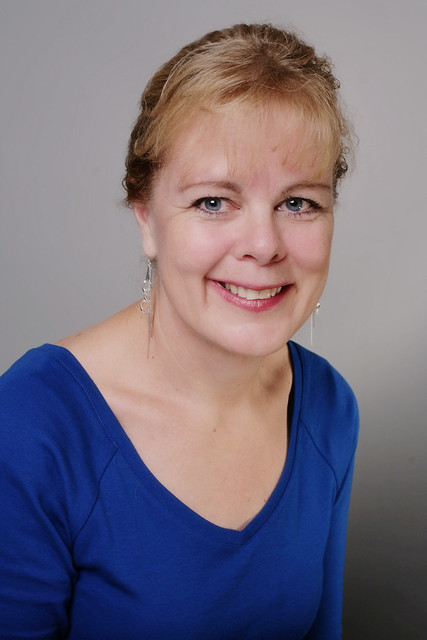
In celebration of Women’s History Month, USDA is featuring Dr. Helen Chipman of the National Institute of Food and Agriculture (NIFA). Dr. Chipman serves as Acting Division Director for Nutrition and Food Safety, and National Program Leader, Food and Nutrition Education.
Tell us your journey and how your interest in agriculture developed
My appreciation for agriculture came from visiting my grandparents’ farm, witnessing my mother’s love for the land, and helping plant and irrigate our family garden – a primary food source for 11 of us. A long fascination with health led to my becoming a clinical dietitian. Early in my career, I worked with critical care, eating disorders, and community nutrition teams. New opportunities led to overseeing low-income nutrition education Extension programs, conducting research, and teaching at a university. That led to my current position – providing national oversight for nutrition education and leading two divisions in NIFA. To me, food is the perfect intersection for agriculture and health. It brings together individuals, families, and communities, and combines federal, state, and local efforts to improve health and well-being of people worldwide.
What is your role in the National Institute of Food and Agriculture? What is a typical workday for you?
My work is about balancing vision, opportunity, resources, and responsibility. I oversee staff responsible for competitive and capacity grants, plus manage my own grants. It involves assessing, planning, implementing, evaluating and reporting; improving and integrating systems and processes; drawing out the expertise of staff and partners; and enhancing relationships with agencies and stakeholders.
Who are your role models? Who/what inspires you?
Ordinary people inspire me. I believe we are all ordinary and, in some ways, we are all extraordinary.
What personal challenges have you encountered and how did you overcome them?
My greatest challenge is an innate shyness. I meet this challenge by choosing to do what is hard for me: working in the public space.
What advice would you give to girls and young women who want to enter agriculture? What advice do you have for fellow women in agriculture?
Food is one of the most basic needs of life, and agriculture is one of the most essential of professions. Too many people have lost the connection between food, agriculture, and health. I encourage girls and women of all ages to recognize how agriculture intersects with other sectors of society, be open to new opportunities, and have confidence in what they can contribute. I implore each of us to listen to, learn from, and support each other, including those whose vantage points differ from our own. Then, we truly can make a difference.
